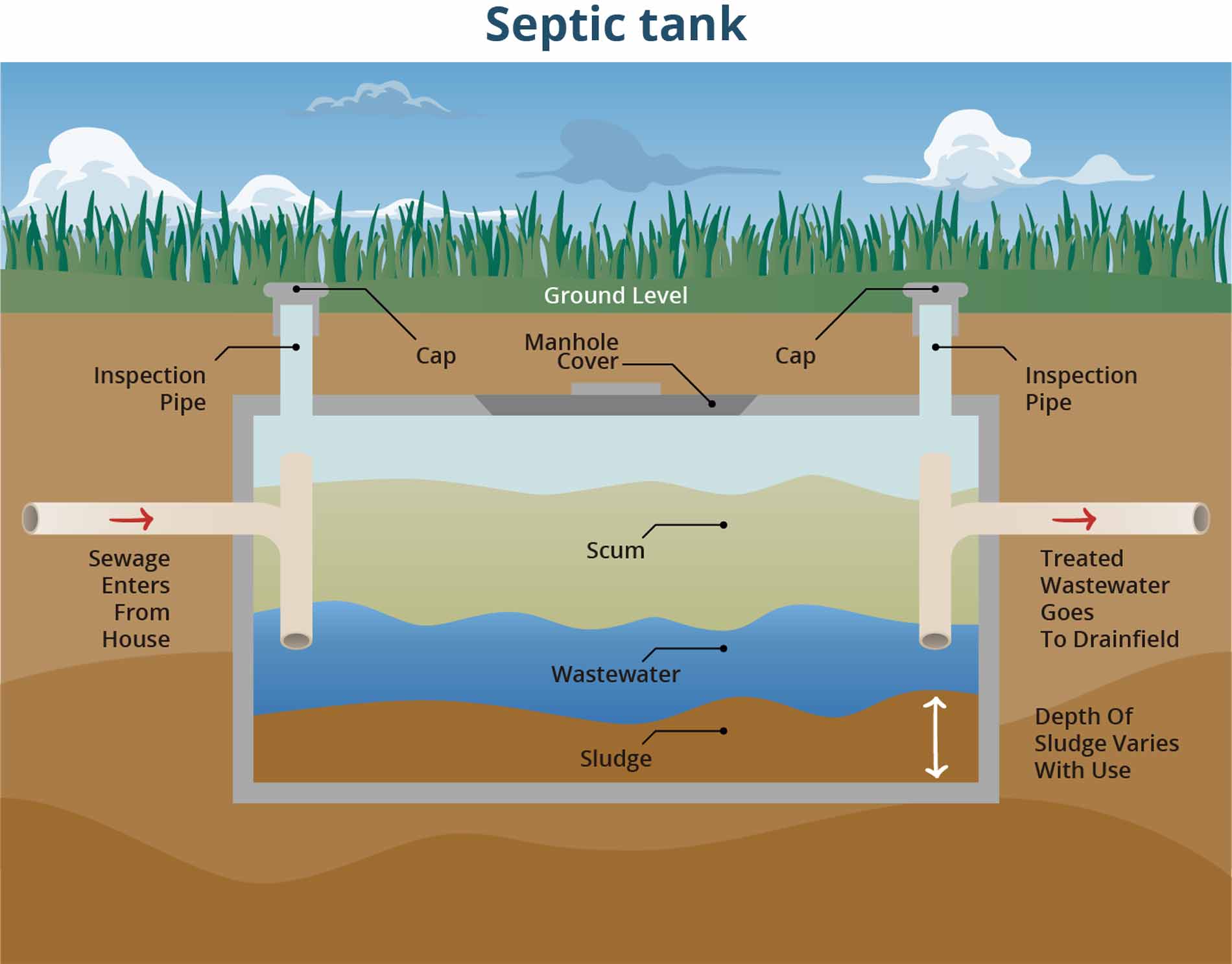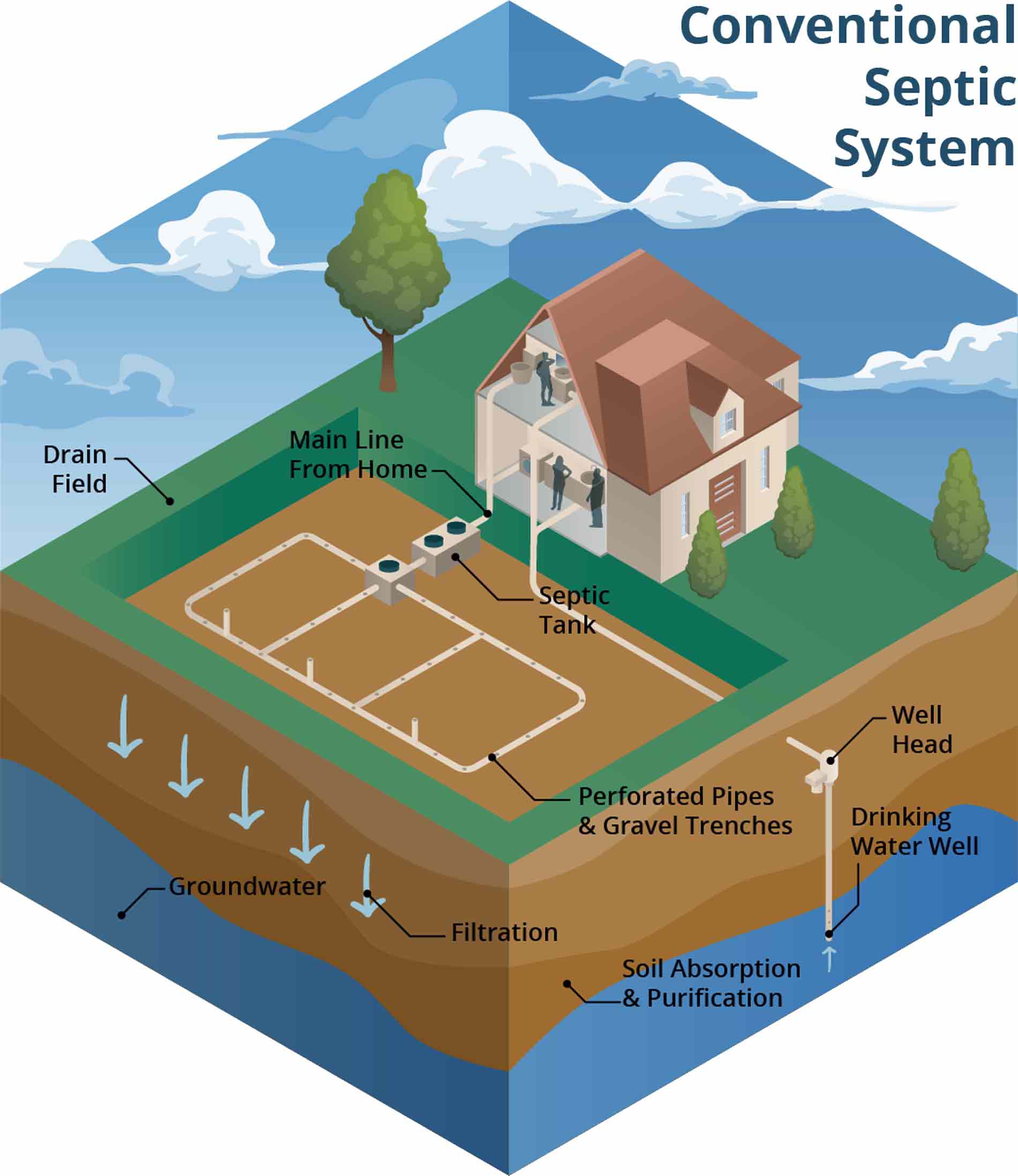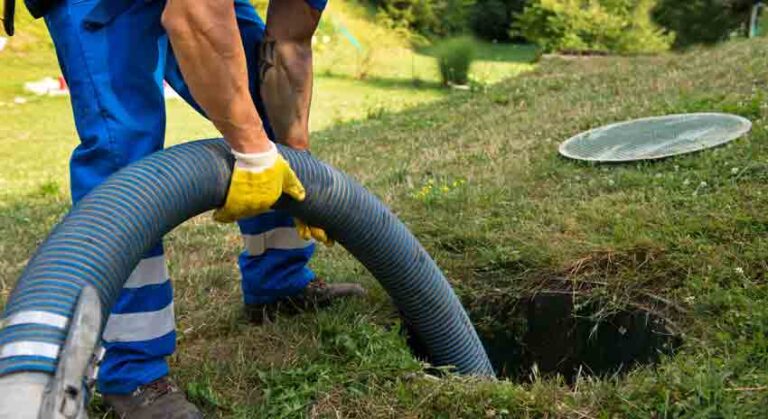FLORIDA — With recent hurricanes like Helene and Milton leaving homeowners with flooded septic tanks, University of Florida experts are urging Floridians throughout the state to take proactive steps to ensure their septic systems are ready for future storms.
Flooding and standing water can significantly impact these systems, leading to backups and potential health risks.
“If you are one of those homeowners with a flooded septic system, it’s likely not working properly and should be inspected by a professional as soon as possible,” said Mary Lusk, a University of Florida Institute of Food and Agricultural Sciences (UF/IFAS) assistant professor of soil, water, and ecosystem sciences.
“If your system was not flooded, you can take time now to get an inspection to make sure your system is good before next year’s hurricane season arrives.”
According to Ms Lusk, about two million Florida homes—or about 30 percent of the state’s residents—rely on septic systems to treat wastewater. When flooded, these systems can fill with debris and must be professionally cleaned.
“You can’t really prevent flood damage,” said Lusk, author of a new Ask IFAS document on septic systems.
“If it happens, it happens. But take time during the hurricane offseason to make sure your system has been regularly pumped and inspected. We recommend doing this about every three years or so.”

Ms Lusk shared additional advice to help homeowners prepare for the next hurricane season:
- Next year, if a hurricane is forecast, reduce water use in your home as much as possible in the days leading up to the storm. This will reduce the amount of waste your system has to treat during that vulnerable time when soils may flood.
- Purchase a temporary toilet or toilet seat that you can use on a bucket so you’ll be prepared in case your lot floods and you have to stop using your household toilet. These can often be found in the camping sections of sporting goods stores or at online vendors.
Septic systems consist of a septic tank and a drain field. Ms. Lusk noted that flooding associated with hurricanes could decrease the depth of unsaturated soil in a drain field and thus lower the ability of the septic system to work properly.
“Septic systems rely on unsaturated soils to safely remove germs from human waste, and a flooded lot with a septic system means a lot that isn’t doing its No. 1 human health job,” she said.
When Hurricane Milton passed through Florida, dropping over a foot of rain in some areas, it caused several septic tanks to fail.
“Flooding from a hurricane can mean a system that is not usable for days or weeks while the homeowner waits for flood water to go away,” said Lusk, a faculty member at the Gulf Coast Research and Education Center.
“This makes it very hard to live a normal day-to-day life, because the homeowner has to find other ways to dispose of household wastewater, including toilet waste.”
For homeowners still dealing with flooding, Ms Lusk advised limiting household water use as much as possible and considering portable toilets or making temporary toilets from buckets so you’re not adding new material to the system.

Septic System Care Tips After a Storm:
Septic systems are especially vulnerable to issues following periods of heavy rainfall or after a hurricane, as flooding and power outages can affect their function. Homeowners should be aware of potential warning signs and take steps to prevent further problems.
Signs of a Problem:
- Standing water or a soggy yard
- Foul smells or odors backing up into the house
- Yard drainage issues, with water persisting in certain areas even after the rest of the yard has dried
- Foul odor, indicating that the septic tank may not be working effectively
Safety Tips for Septic System Maintenance:
- Use of Disinfectant: Apply ½ cup of bleach per gallon of water to disinfect surfaces potentially contaminated from a backed-up septic tank.
- Water Quality Caution: Avoid drinking well water in flooded areas until tested by a certified health lab.
- Equipment Check: Identify electrical or mechanical devices associated with the septic system and avoid any contact until these devices are completely dry.
- Electrical Safety: Inspect all electrical connections after a power outage and confirm they are dry and functional before restoring power.
If Problems Occur, Follow These Guidelines:
- Conserve water usage until the septic system has had adequate time to recover.
- Avoid pouring excess water down household drains.
- Do not pump the septic tank immediately if the system is flooded; wait until the drain field and surroundings are dry.
- Refrain from digging or compacting soil over the drain field.
- After water recedes, inspect the yard and drain field for erosion and replace soil or landscaping as needed.
Professional Assistance Recommended: Homeowners are advised not to attempt repairs on their septic systems. UF/IFAS suggests hiring certified septic tank contractors who are trained to safely manage and repair these systems.
The information was adapted from Tony Moore’s blog post, “Septic system care after the storm,” published by UF/IFAS in August 2020.







